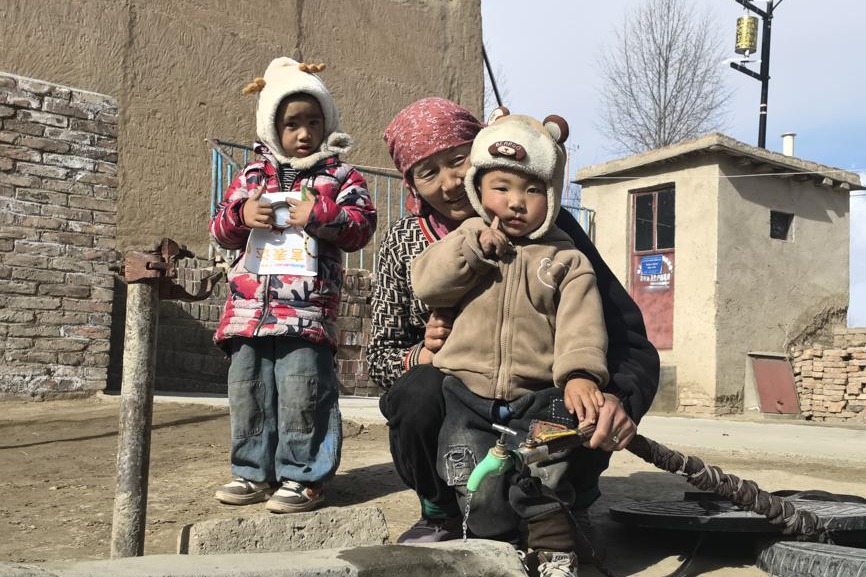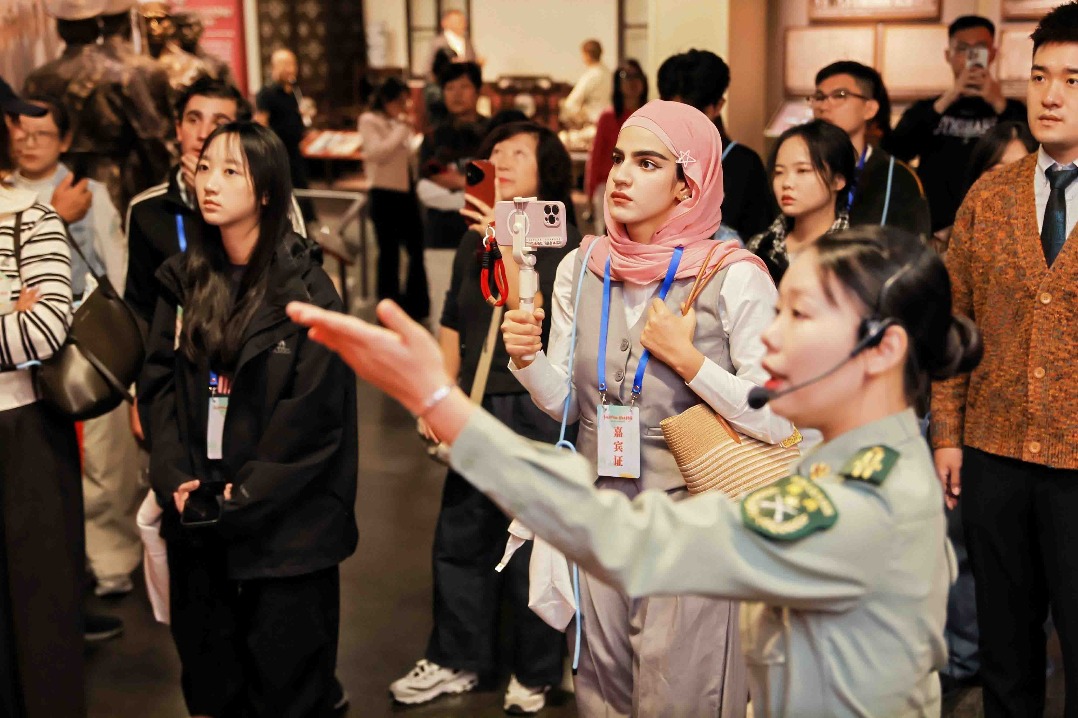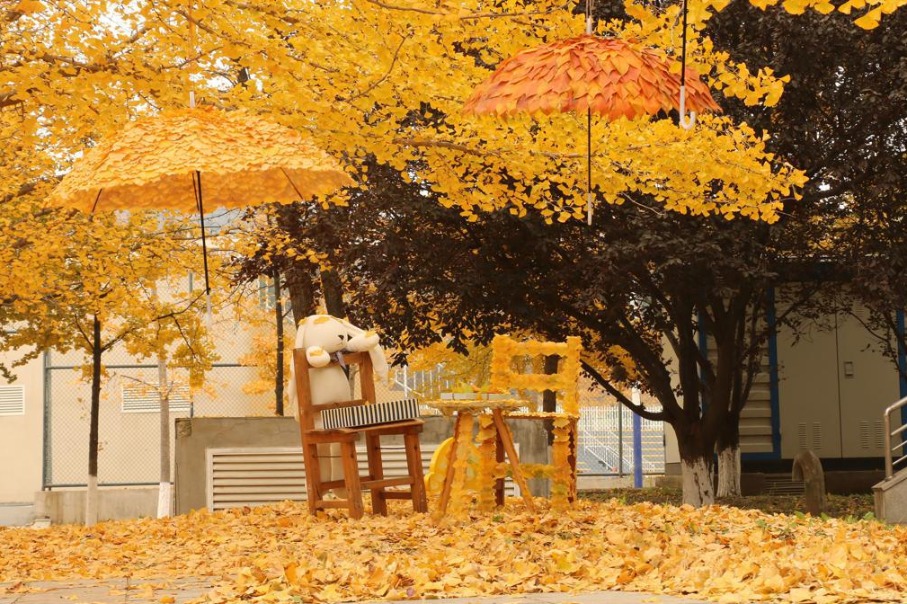Preparations begin for new space mission
Unmanned Shenzhou XXII craft to carry provisions for astronauts, equipment

The China Manned Space Agency has started preparations for the launch of an unmanned spacecraft to carry a full cargo load, including provisions for astronauts and equipment for the Tiangong space station, according to a senior engineer.
Zhou Yaqiang, who works with the agency's general technical bureau, told China Central Television on Saturday that all systems involved in the upcoming Shenzhou XXII cargo mission "are busy getting ready for it, testing the rocket and the spaceship and preparing the payloads".
The Shenzhou XXII spacecraft will be launched in due course to dock with the Tiangong space station, the agency said.
The spacecraft was originally scheduled to transport the Shenzhou XXII crew to Tiangong in April 2026. However, as the Shenzhou XXI spacecraft was used on Friday by the Shenzhou XX astronauts for their return trip to Earth, the Shenzhou XXII spacecraft is now needed as a standby crew ship.
Tiny cracks were found on the viewport window of the Shenzhou XX return capsule, which were probably caused by external impact from space debris, according to the agency.
The three Shenzhou XX astronauts returned safely to Earth using the Shenzhou XXI spacecraft on Friday afternoon, nine days later than their planned landing. They spent 204 days in orbit, setting a new record for the longest in-orbit stay by Chinese astronauts.
The crew members have entered a period of medical quarantine and will undergo comprehensive examinations and health evaluations, the agency said. They are expected to meet with the media in Beijing after their quarantine ends.
Their safe and swift return, after the unexpected debris-related situation, was made possible due to a preplanned arrangement that includes a rocket and crew ship on standby for emergencies. If an in-orbit crew ship encounters a problem, the backup rocket can be launched after about nine days of preparation to send a replacement crew ship to Tiangong.
In a related development, the four mice — two females and two males — that arrived at Tiangong on Nov 1 with the Shenzhou XXI astronauts and stayed in the space station for nearly two weeks returned to Earth on Friday with the Shenzhou XX crew.
The rodents were transferred to the Beijing-based Chinese Academy of Sciences, where researchers said the animals quickly readapted to Earth's gravity and environment, and are demonstrating a good appetite.
Scientists will analyze the rodents' behavior and key physiological and biochemical indicators to understand their stress responses and adaptive mechanisms to spaceflight conditions. These findings will provide critical insights into how space environments affect living organisms, according to CAS.
Other biological samples, including zebrafish, hornwort, streptomyces, planarians and brain organoids, along with science and combustion experiment samples, were also transported to the CAS on Saturday. After initial status checks, these specimens were handed over to research teams for further study.
zhaolei@chinadaily.com.cn
- Preparations begin for new space mission
- China, CELAC vow to broaden education collaboration
- Sichuan amphibious ship returns after maiden sea trial
- Justice on horseback: bringing the court to Xinjiang's herders
- China issues alert on overseas study in Japan
- Chinese scientists discover lunar rust, revealing new oxidation process on the moon




































